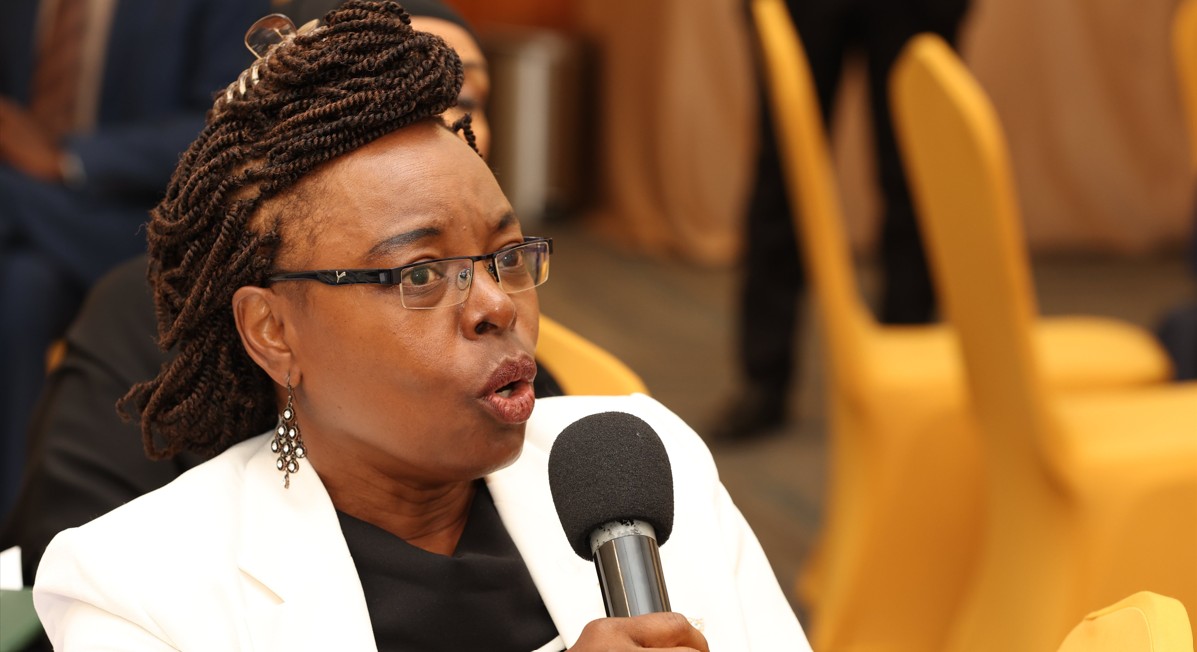Controller of Budget Margaret Nyakang’o has authorised the release of Sh33.2 billion to county governments for August, unlocking critical funding for service delivery and development across the devolved units.
The funds were released following the adoption of the County Allocation of Revenue Bill, 2025, by the Budget and Appropriations Committee on August 6. The law sets the equitable share of national revenue to counties at Sh415 billion for the 2025–26 financial year.
This came after the National Assembly and the Senate resolved a standoff on the Division of Revenue Bill, 2025, through a mediation process that paved the way for disbursements.
The new legislation provides two schedules — the first detailing allocations to each county, and the second setting ceilings on recurrent expenditure for both county assemblies and executives.
The distribution of the Sh415 billion is guided by the Fourth Revenue Sharing Basis adopted by Parliament on June 24, 2025, under Article 217 of the Constitution.
The formula, which will be applied for five years from 2025–26 to 2029–30, is anchored on four parameters: population (45 per cent), basic share (35 per cent), poverty (12 per cent), and land size (8 per cent).
Nairobi emerged as the highest beneficiary with Sh1,713,370,272, reflecting its dense population and economic influence. Nakuru came second with Sh1,156,411,813, showing its growing commercial and agricultural profile.
Turkana received Sh1,111,406,190, while Kakamega secured Sh1,093,987,885, pointing to their large populations and pressing development needs. Kiambu followed with Sh1,045,745,439, and Kilifi with Sh1,025,071,742, completing the list of top six recipients.
All the remaining 41 counties received allocations below Sh1 billion. Among them, 12 counties — including Lamu, Tharaka Nithi, Isiolo, Elgeyo Marakwet, Vihiga, Taita Taveta, Laikipia, Embu, Kirinyaga, Nyamira, Samburu and Nyandarua — registered the most notable increases under the weighted indices applied in the Fourth Revenue Sharing Basis.
The Sh33.2 billion disbursement is expected to strengthen service delivery, fast-track development projects and support counties’ autonomy in line with the goals of devolution.
As counties roll out their budgets, the equitable distribution of resources remains central to driving inclusive growth and regional empowerment.

